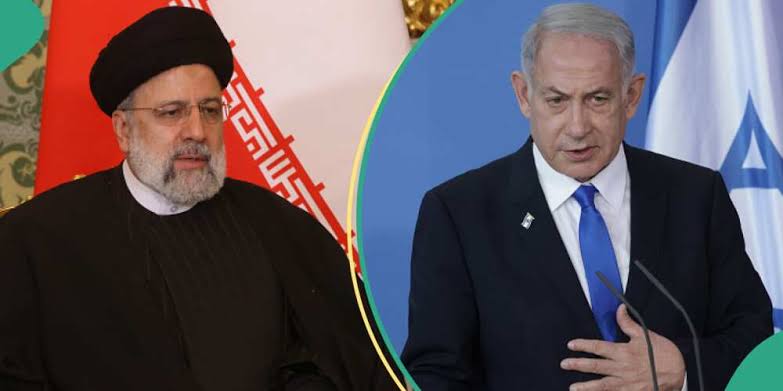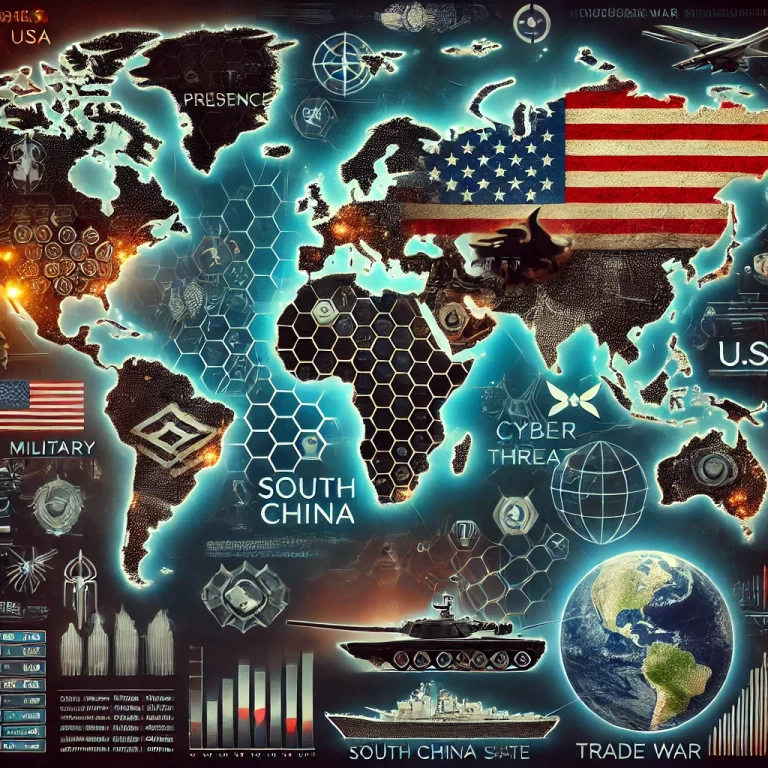
Iran and Israel Conflict: what’s next?
The Iranian response will be painful, and therefore it is better for it to maintain its current victory. Especially since they see that Iran does not want confrontation with Israel and its allies now, and that the internal situation in Israel is poor and very weak.
The current tense situation between Iran and Israel has everyone wondering: what’s next? The focus now shifts to what steps will be taken in the ongoing conflict between these two nations. With escalating tensions, it becomes crucial to assess the potential developments and actions that may unfold in the near future.
First, before answering this question, the following sub-questions should be asked so that the central answer becomes clear to us.
- What does Iran want from Israel and what does Israel want from Iran?
- If war is one of the means of politics and its goal is to force the other party to comply with the will of the other party, which party has the ability to impose that choice?
- Who benefits from this unprecedented escalation in the region and who is the loser?
Iran, after it had, according to the words of Supreme Leader Khamenei, chosen strategic patience to not respond to the Israeli strikes on its leaders and interests in Syria, in addition to having previously endured intelligence strikes deep inside Iran seems to have abandoned this option
But the big question is whether Iran really wants to support the Palestinian cause and engage in its wars. I think by following the statements and positions of the parties, there are a number of possible scenarios.
Before getting into the scenarios, I would like to point out that Iran’s response is governed by self-interested and opportunistic considerations that have nothing to do with supporting the Palestinian cause.
Possible scenarios for potential confrontation Between the Zionist entity and Iran
Before getting into the scenarios, I would like to point out that Iran’s response is governed by self-interested and opportunistic considerations that have nothing to do with supporting the Palestinian cause.
Scenario number one: a quick and strong response
The Israeli response is inevitable, rapid, and effective, in order to serve the issue of Iran not returning again to test the strength of Israel and its allies. Also, the extreme right-wing Israeli government and Netanyahu have an interest in striking Iran severely because it is an opportunity that will not be repeated, provided that the response is wise, as the Israeli spokesman said, meaning that it does not anger Biden and does not deprive Israel from American and European support if events develop.
Time is not on Israel’s side. There will be a quick and strong response to absorb the anger of public opinion because its prestige is threatened.
Scenario number two: A careful response
When it comes to responding to Iranian attacks, there might be agreement on the need for a response, but disagreement arises in terms of how to respond and when. Studying reactions and considering how the response will satisfy the United States and its allies, who have provided support in confronting these attacks, becomes crucial. Finding a solution that aligns with their interests and ensures their satisfaction is key.
Scenario number three: Diplomatic work and forming an Israeli-Western Alliance.
According to supporters of this scenario, if Israel retaliates, it will be a grave mistake. The Iranian response will be painful, and therefore it is better for it to maintain its current victory. Especially since they see that Iran does not want confrontation with Israel and its allies now, and that the internal situation in Israel is poor and very weak.
Scenarios are estimates of what is likely to happen. The third scenario was likely until last night. But the statements of some American officials, which were reported on some satellite channels today, make it an unlikely scenario. America appears to have given the green light to respond. America and its allies do not view what Iran did as a response to the bombing of the Iranian embassy, but rather consider it an attack and aggression against Israel. Israel’s response may require an Iranian response, and thus the region is a candidate for further escalation.
The painful thing and the most important question is, to what extent the conflict between America and Iran negatively or positively affects Gaza and the Palestinian issue.
Taha Hussein Al-Hamdani is an Adviser to the Ministry of Civil Service and Insurance sector in Yemen. His opinion is His.



